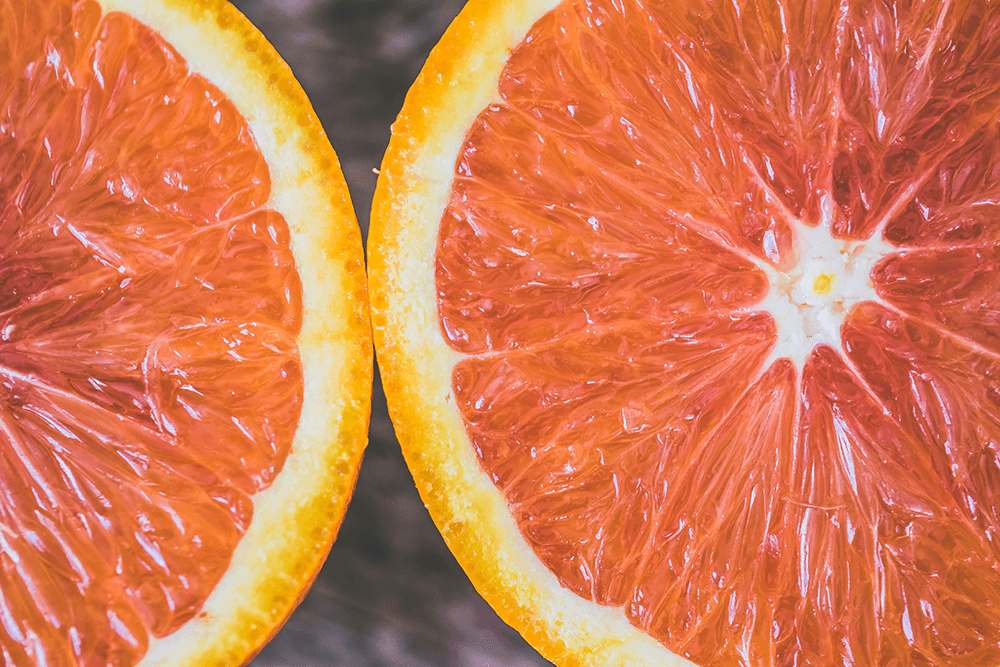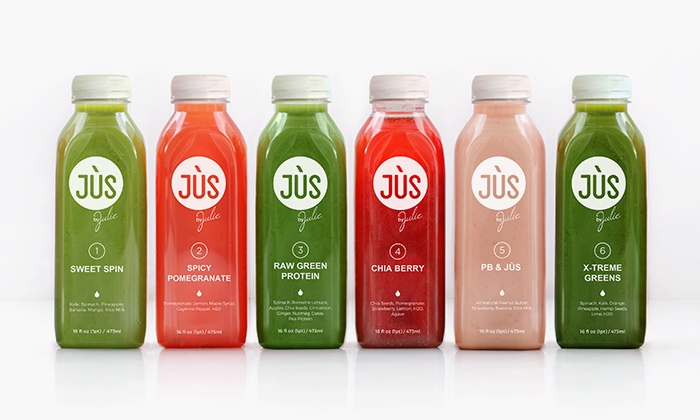
It is estimated that about 45 million Americans go on a diet each year. However, two-thirds of the US population is considered overweight or obese based on their body mass index. With the steady rise in the obesity rate, it is no surprise Americans are turning to extreme methods to lose weight.
One moment we are bombarded with delicious, yet unhealthy food commercials and the next we are convinced we can lose 30 pounds in 30 days. But what do these gimmicky ads involve? Unhealthy means to losing weight!
There are many unrealistic diets that got their claim to fame for being "quick fixes" with "extreme results". However, as I discussed in my previous blog, Fad Diets: The Dangerous Side Effects, these methods do not produce lasting results and will likely damage your health and metabolism even more.
So I compiled a list of the diets you should definitely avoid!
The Worst Type of Fad Diets:
1. Juice Cleanses
Any purely liquid diet (unless you are on the pre or post-op liquid diet) is not realistic and can seriously deprive you of key macronutrients—such as protein. In most cases, these juice cleanses claim to flush out all of the toxins in the body. However, our bodies are naturally made to do so, therefore we don't need any special kind of kale and cayenne pepper juice to help.

2. Food Group Diets
Any diet that involves only eating a few food groups is a bad idea and can lead to nutritional deficiencies (i.e. cabbage diet, grapefruit diet, raw food diet, etc.). All nutrients play a vital role in your normal bodily functions. So when you eliminate certain food groups from your diet, you are jeopardizing your health and the way in which your body will properly function.
3. Fasting and Low Calorie Diets
Fasting for religious events is okay because you are doing it on rare occasion. However, fasting for weight loss can be dangerous and counterproductive. When you restrict yourself of calories and nutrients for multiple days, you will not only begin to feel weak and lethargic, but you will also turn your body's "starvation mode" on. This means that your body will hold on to the calories and fat when you do eat normally again for fear of starving.
Why These Diets Just Won't Work
The fad diets listed above are all temporary fixes to a long term problem. You can not expect to drink celery juice for the rest of your life and be okay—lets me real here, you would become a not so nice person after a while.
Similarly, as I just mentioned, when you seriously restrict your body from the calories and nutrients it needs, it will place itself into starvation mode. So when you do begin eating again, you will hold on to weight, making it harder for you to achieve your goals.
When you prohibit certain food groups, over time you will begin to fall off the wagon and revert right back to your old eating habits, this time likely with a binge. Therefore it is important to eat a variety of foods, including a cookie every now and then (for patients 1 year post-op).
Remember: Everything in Moderation
So although you may lose a few pounds on any of the above mentioned diets, they are not realistic and can seriously damage your health and your metabolism. If you are looking to lose weight, and especially if you struggle with obesity, we are here to help you achieve your weight loss goals. The journey may be a long one and take more effort than eliminating every bad food in the books, but it will produce lasting and sustainable results.








